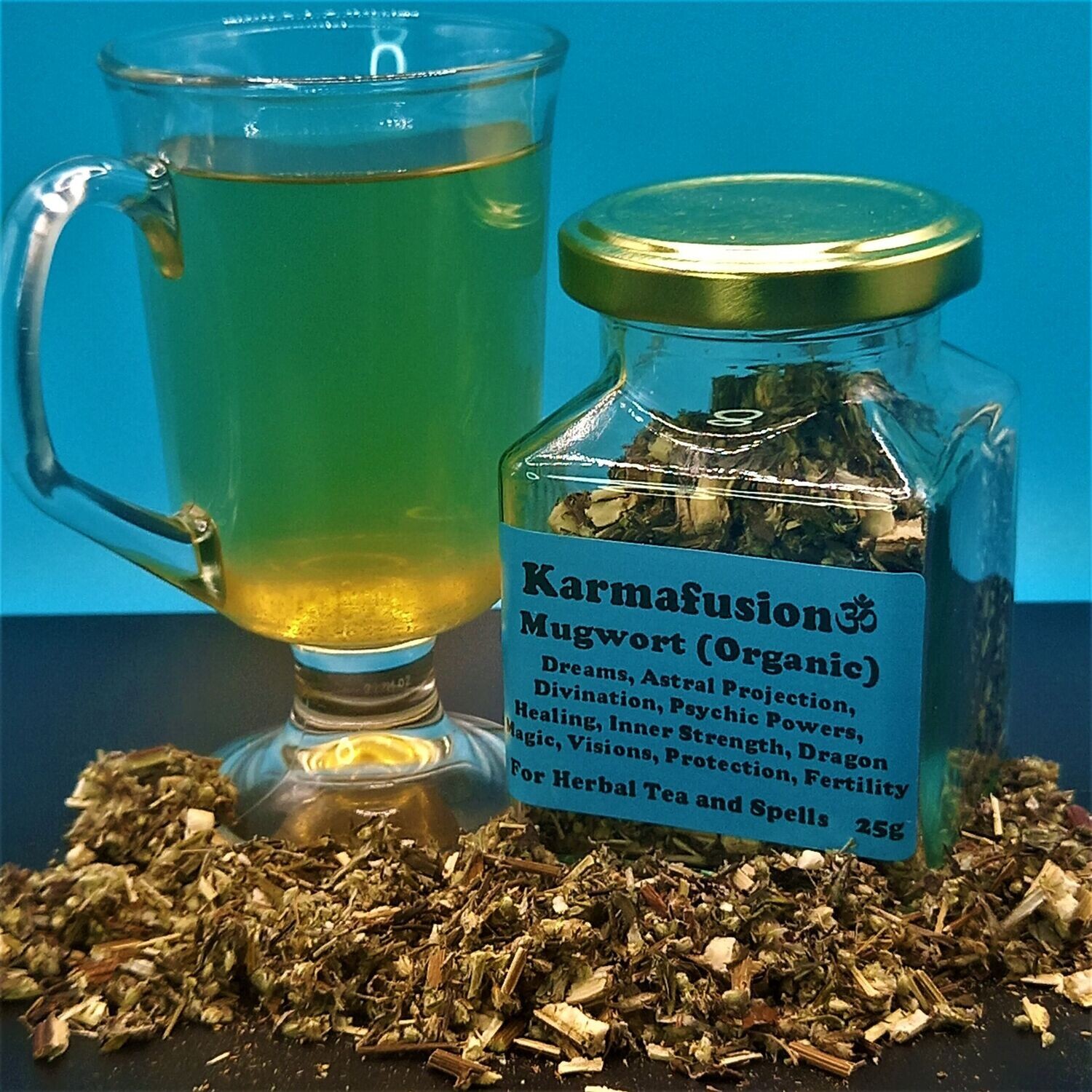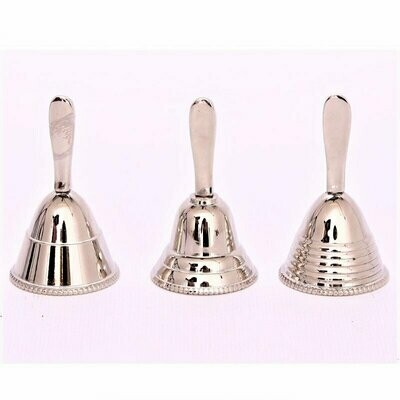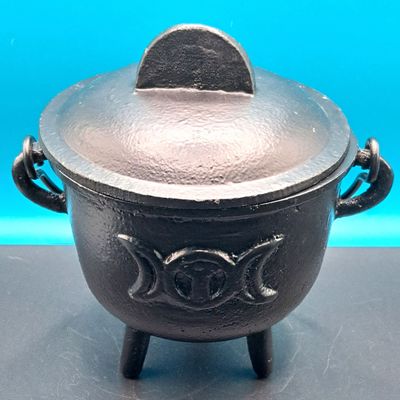Online Booking is now available
Mugwort Organic Herb 25g
Artemisia vulgaris
A humble and inconspicuous herb, Mugwort is often regarded as a weed that makes its home in waste places and neglected plots. Who would have thought that this overlooked plant is in fact one of our oldest cultural companion plants, an herb that connects us with sacred practices throughout recorded history and even to the almost mythical times of our Neolithic ancestors. From North America, to China and Japan, throughout Eurasia and Europe, Mugwort and its close relations have been similarly revered throughout the northern hemisphere. Wherever it grows Mugwort has once been deemed the holiest of holies, the mother of all healing herbs. Artemisia, her genus name, points to a close relationship with Artemis, the Greek Moon Goddess, protector of young maidens, children and women in childbed who she protects with her healing powers. Since time immemorial Mugwort has been an important ritual plant. It was often associated with Thor and the summer solstice. Thor wore a protective belt wound from Mugwort to protect him on all dangerous journeys. In pre-Christian times it was customary to wind such a belt and wear it for the midsummer night's dance around the fire. At the end of the night it was ceremoniously burnt in the sacred flames of the bonfire and thus the forces of evil were averted for another year. Mugwort not only protected Thor on his journeys - it may have also refreshed his tired legs. That is how walkers and journeymen throughout the ages made use of the herb. They would bind some Mugwort around their legs to ease their gait, or, after a long day's walk, take a reviving Mugwort footbath. Pinning some sprigs of Mugwort above doorways and stable gates protected home and hearth, while smudging every corner not only dispelled any lurking evil spirits, but also unwelcome creepy crawlies. In France, this insecticide property even earned the herb (and its close relatives) the name 'garde-robe', as it was used to protect the wardrobe from moth infestations. Mugwort has also long been used to brew herbal ales before hops became the sole beer brewing herb. Some chefs still like to use it in the kitchen though, especially to aromatise greasy meats, like goose or bore, which creates a pleasant, slightly bitter aromatic taste that incidentally helps to digest such heavy, greasy fare.
Traditional
Mugwort has numerous wonderful healing qualities. The ancients described its nature as 'hot to the third degree', which did not, refer to its flavour, but to its inner heat. Mugwort has a wonderful warming quality, which acts particularly soothing on the lower organs -kidneys, gallbladder, liver, stomach, and the female reproductive organs. It can be used to treat catarrh of the kidneys and bladder or any condition caused by cold (e.g. cold feet). A warming footbath will also help in such cases, just as it does to revive tired feet after a long day's walk. Mugwort's heat also acts strongly diaphoretic, which can be used to great effect when taken at the onset of a cold, before there is a fever. Mugwort is also an excellent digestive tonic that gently stimulates (and heats) the digestive processes. However, it should be avoided in acute inflammatory conditions. Mugwort's greatest healing virtues are its benefits for the female reproductive system. It can ease menstrual difficulties such as PMT, cramping and irregularity or weak menstrual flow. Note that it is a powerful emmanogogue, which means that it should be avoided during pregnancy except during the last stages. In the old days it was placed on the womb to ease the pain of labour and help expel the placenta. However, it should not be used when breast feeding. Mugwort also helps women during menopause. Another ancient and well documented use - though it has long since been forgotten - is Mugwort's efficiency in treating epilepsy if taken at the very first sign of a fit about to break loose. Recent research has focused on some very interesting anti-malarial properties in the Chinese variety of Mugwort, which are even said to be effective in cases of drug-resistant malaria. Do not use during pregnancy.
Magical
Few herbs are as well documented for their magical properties as Mugwort. It is associated with the midsummer rites and worn as a belt that is ritually burnt to avert all evil for the coming year and to attract good spirits and good luck. It is also worn as an amulet or hung above doorways to protect against evil spirits and the work of witches. Travellers wear it for protection and to benefit from its refreshing qualities. It is also used as a dream herb, either as a night cup or stuffed in a dream pillow. Native Americans revered their own species of Mugwort and used it in cleansing rituals and sweatlodges.
Shipping will be calculated at checkout





